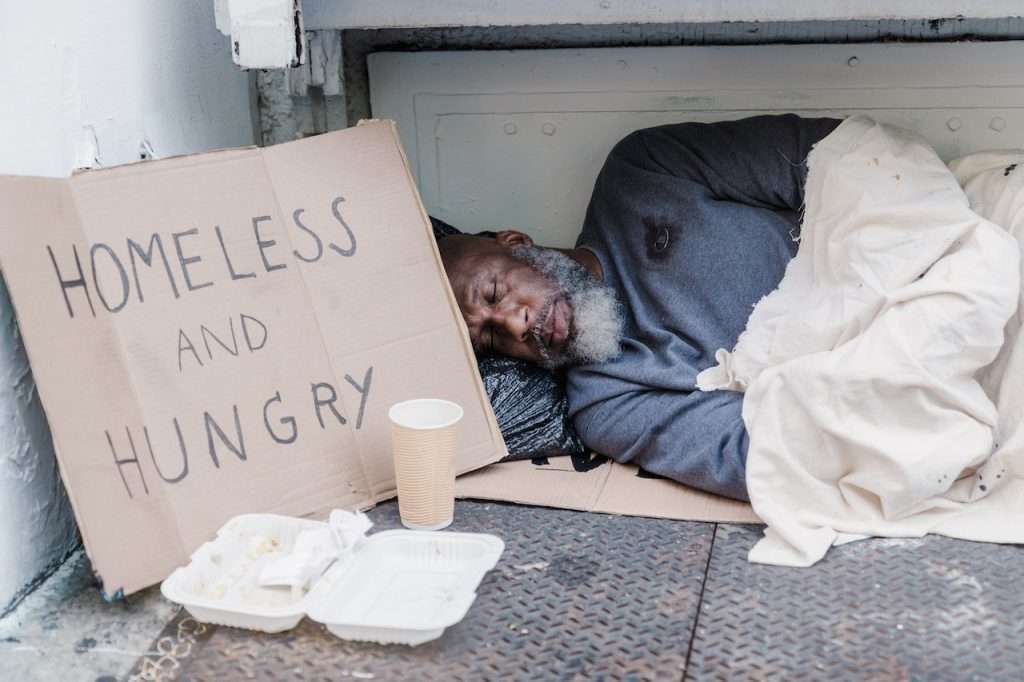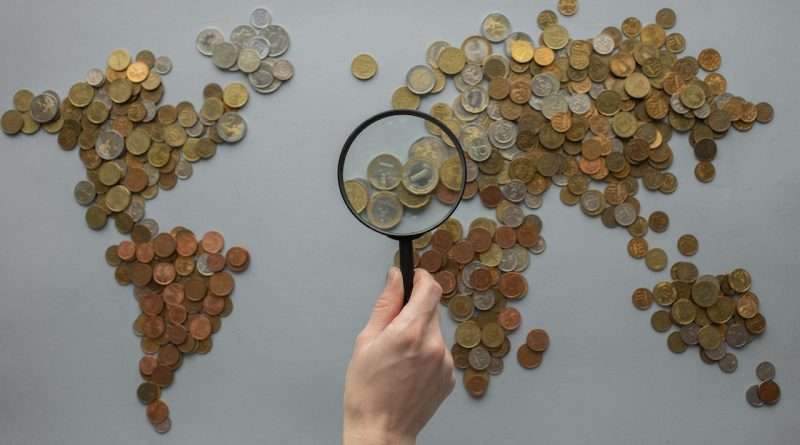Which Country Has No Poverty?
The vision of a poverty-free world is tantalizing yet elusive. As we grapple with growing global disparities, we must confront a sobering question: is a world without poverty just a utopian dream?
Understanding Poverty’s Relativity
“Which country has no poverty?” At first glance, this might seem like a straightforward query. However, the definition of poverty is more complex. It is a relative term influenced by the median standard of living in a particular society and the depth of inequality within that society. Many argue that poverty and socio-economic distress are derivative, continually shaped and reshaped by fluctuating criteria set by countries and international bodies.
Typically, these criteria revolve around two main methods: absolute and relative evaluations of a person’s income or assets. As societal living standards fluctuate, the poverty benchmarks shift alongside them. Thus, where significant socio-economic inequality is present, poverty is inevitable. While this might sound bleak, many modern economists believe that inequality—and, by association, poverty—is an essential component of a free society, catalyzing its progression.

The Global Quest to Eradicate Poverty
The notion of a world free from poverty is both enthralling and contentious. The potential of its realization often divides opinion based on individual ideologies and political alignments.
Left-leaning individuals and groups, encompassing not only radicals but also centrists like social democrats, champion the cause of curtailing inequality and, by extension, poverty. Conversely, more conservative factions view pronounced inequality as an intrinsic, irremovable feature of society. For them, poverty often stems from individual choices or deficiencies.
Opinions differ sharply regarding bridging the vast divide between affluent nations and the developing world. But there’s consensus on one front: given poverty’s relative nature, it is an ever-present spectre in any country.
The Alarming Global Picture
Oxfam‘s recent findings paint a grim global scenario. At this juncture, one out of every three people on our planet lives in poverty. In stark contrast, the world’s wealthiest 1% possess 82% of global wealth. Alarmingly, this chasm continues to widen: since 2010, billionaire ranks have grown by 13%, with their amassed fortunes expanding at a rate sevenfold the average worker’s wage growth. Equally concerning is the rise in the number of individuals facing hunger in this period, with many erstwhile middle-class families teetering on the brink of economic decline.
Prospects and Predictions: What Does the Future Hold?
Current projections are cause for concern. Global economic structures and policies suggest that the aspiration of eradicating poverty in the foreseeable future is more a lofty dream than an attainable reality. Instead of a decline, academic and societal experts consistently warn of an impending surge in inequality and the consequent broadening of the global “poverty epidemic”.
What did we learn today?
While the question, “Which country has no poverty?” might be largely hypothetical, it is an urgent clarion call underscoring the imperative for cohesive global initiatives. The goal? To pave the path for a more just, equal, and prosperous world for all its inhabitants.

